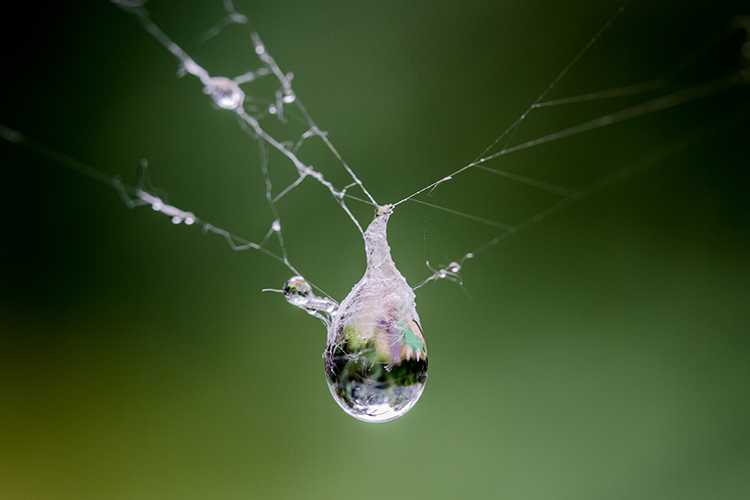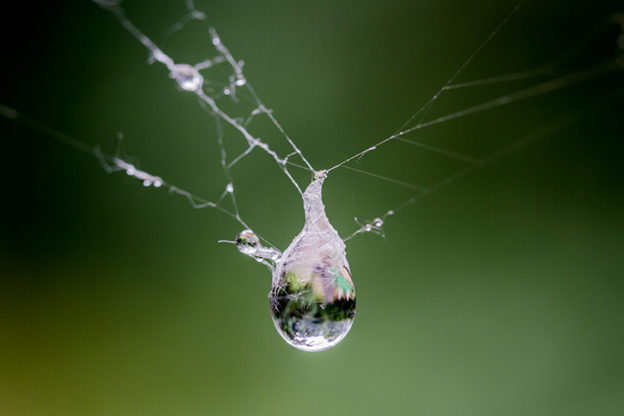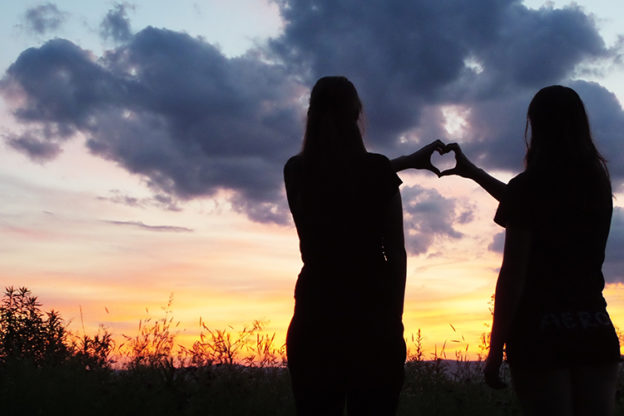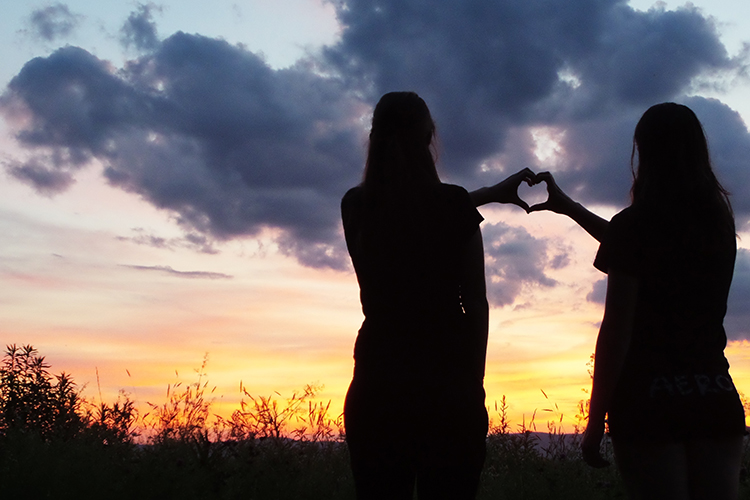Water is a precious resource and our use (or misuse) of water has a direct impacts on our energy footprint. The water we use at home to do laundry, shower, or clean the dishes all impacts how much energy we consume: it takes energy to clean and transport that water, to treat and dispose of wastewater after we are finished with it, and to heat it when needed.

These Water Stats May Surprise You
Americans are one of the least conscious water users, and therefore, energy consumers, withdrawing an average of 98 gallons each day. About 60% of that is used indoors for toilets, clothes washers, showers, and faucets. Another 30% is used outdoors for water lawns, gardens, and plants, and the final 10% is lost to leaks in the pipes that deliver water to us.
The EPA estimates that if one out of every hundred U.S. homes switched an older toilet out for new, efficient one, the country would save more than 38 million kilowatt-hours of electricity –that’s roughly enough energy to power 43,000 households for a month.
On top of that, hot water is responsible for about a quarter of residential energy use worldwide and requires a surprising amount of energy. In fact, running hot water out of a facet for five minutes requires about the same energy it takes to burn a 60W incandescent bulb for about 14 hours.
Be Water Wise
The close link between water and energy use means when we enhance efficiency in one category, we are often increasing the sustainable use of the other. Here are a few ways to be water wise.
Install of water efficient appliances, low flush toilets, and efficient washing machines. Look for the WaterSense products, which backed by independent, third-party certification and meet EPA’s speciation for water efficiency and performance.
Cut your average shower time to five minutes and wash only full loads of clothes. Each of these actions can reduce average water use by 7 to 8% per shower or load of laundry.
Capture rainwater to water your garden or lawn, or simply shift to plants that do not require the same amount of water to sustain them.
Pledge to be Water Wise
Commit to being a more conscious water and energy consumer for the good of people and the planet.




